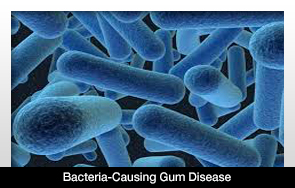 |
A protein associated with gum disease may increase the risk of plaque-containing blood vessels that result in inflammatory gum disease, according to the American Heart Association’s Arteriosclerosis, Thrombosis, and Vascular Biology 2012 Scientific Sessions. The event was held in Chicago.
CD36 is located in blood cells and various other cells. According to research, this protein worsens the effects of bad cholesterol, known as low-density lipoprotein.
During testing, the group of researchers eliminated the gene that causes C36 production and later created plaque in blood vessels by giving mice a diet high in fat. Some of the animals were infected with bacteria involved with gum disease.
As a result, there was a buildup of fatty plaque that occurred in the blood vessels of animals that had developed gum disease. Animals that had no signs of CD36 didn’t possess plaque even after oral inflammation had set in.
This research could be extremely helpful in dentistry.

|










